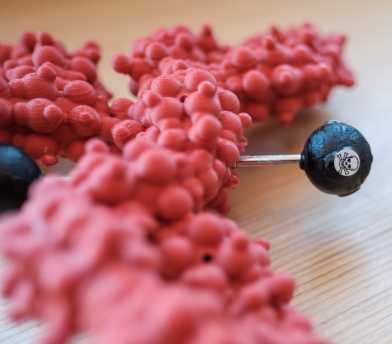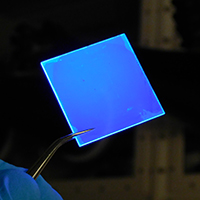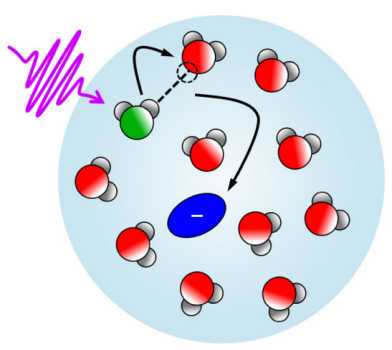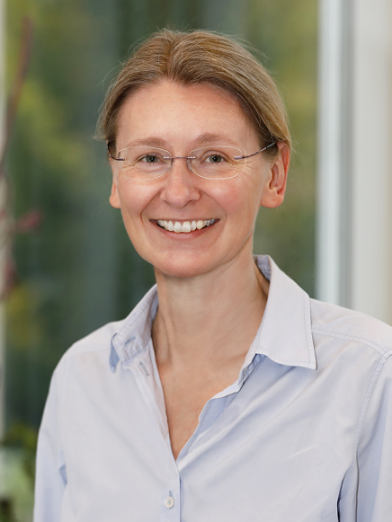01
ETH presents Spin-off from Prof. Roger Schibli in Davos

At the satellite event of the World Economic Forum (WEF), institutions of the ETH domain presented six successful spin-off and start-up companies to a prominent audience from politics, universities and research institutions. ETH Zurich introduced Araris, a Spin-off from Prof. Roger Schibli at the Center for Radiopharmaceutical Sciences. Araris pioneers a novel antibody-drug conjugate (ADC)-linker technology to deliver toxic payloads to diseased tissues, such as cancer cells.
Platelets instead of spheres for screens

Screens with quantum dot light emitting diodes (QLED) have particularly vibrant colors. However, the spherical semi-conductor nanocrystals used here scatter the light generated in the screen in all directions. Prof. Chih-Jen Shih and his team at the ICB present an approach that reduces these scattering losses and increases energy efficiency of the technology.
Understanding the fundamentals of radiation damage

When living matter is damaged by radiation, the first reactive species that form are ionized water molecules. Prof. Hans Jakob Wörner and his team could show for the first time how and on which time scales this process takes place, and how electron and nuclear motion interact in the formation of freely moving electrons in water. These new findings are important for understanding and mitigating radiation damage, as well as for optimizing electron-induced chemical and photocatalytic processes.
Measuring electrons escaping from liquids

The measurement of electrons moving through liquids is fundamental for understanding the chemistry of clouds or the radiation effect on tissues. However, until now gauging these electrons has been difficult, especially for the very slow ones. Prof. Ruth Signorell and her team from the LPC successfully ventured a new promising approach, published in Physical Review Letters.
Prof. Signorell receives the Humboldt Award

For her outstanding achievements in research and teaching, Prof. Ruth Signorell has won the Humboldt Research Award of the Alexander von Humboldt Foundation. The award honours researchers whose work has had a lasting impact on their own discipline. In addition, the award winners get the possibility to carry out a project of their choice in cooperation with colleagues in Germany.